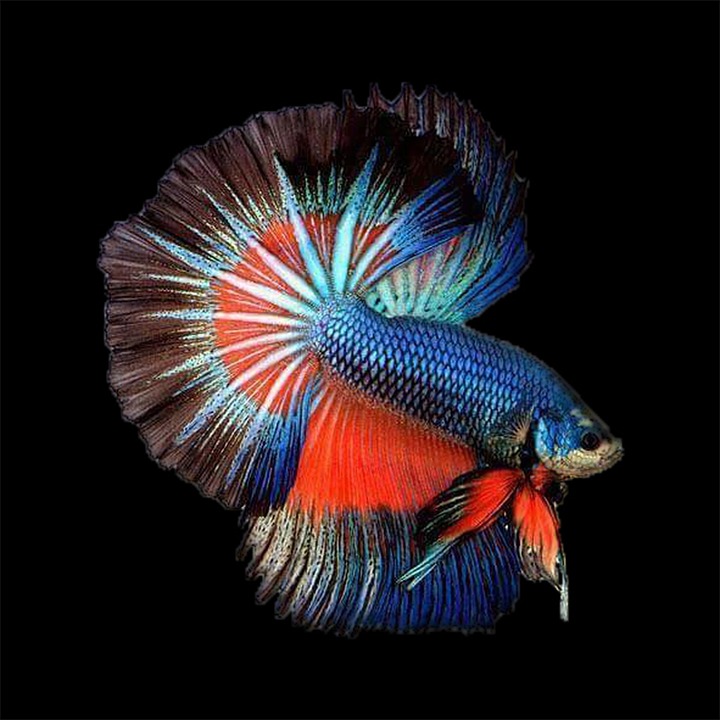*By [Your Name]*
*Date: [Date]*
—
**Introduction**
Fish sleep behavior is a fascinating aspect of their daily routine. Just like humans and other animals, fish also need rest. However, understanding and managing fish sleep can be a challenge for aquarium enthusiasts. In this article, we will delve into the reasons behind fish sleep behavior, how to create a suitable sleep environment, and how to prevent and manage any sleep-related issues that may arise. So, let’s dive in!
—
**Understanding Fish Sleep Behavior**
Fish sleep behavior differs from that of mammals, as they do not have eyelids to close or a distinct sleep-wake cycle. Instead, fish exhibit periods of reduced activity and rest, which mimic sleep-like behavior. During these periods, fish may appear motionless or lie at the bottom of the tank. Understanding these patterns is crucial for providing a comfortable sleep environment for your fish.
—
**Creating a Suitable Sleep Environment**
To ensure optimal sleep for your fish, it is important to create a suitable sleep environment. Consider the following factors:
1. **Lighting**: Maintain a consistent lighting schedule in your aquarium. Provide a period of darkness by turning off the tank lights during the night. This will help simulate a natural day-night cycle and promote fish sleep.
2. **Tank Setup**: Design your aquarium with plenty of hiding spots, such as caves or plants. These areas provide a sense of security for your fish during their sleep periods. Additionally, ensure the tank is large enough for the fish to swim comfortably and avoid overcrowding, as it can cause stress and disrupt sleep patterns.
3. **Water Quality**: Keep the water conditions optimal for your fish. Regularly monitor and maintain appropriate temperature, pH levels, and water quality. Poor water conditions can lead to stress and sleep disturbances in fish.
—
**Preventing and Managing Sleep-Related Issues**
While fish sleep behavior is generally natural, some issues may arise that require attention. Here are some common sleep-related issues and how to prevent or manage them:
1. **Floating at the Surface**: If you notice your fish consistently floating at the water’s surface during sleep periods, it may indicate a problem with water quality, such as low oxygen levels. Ensure proper aeration and consider adding an air stone or adjusting the water flow to improve oxygenation.
2. **Aggressive Tank Mates**: Aggressive tank mates can disrupt the sleep patterns of more docile fish. If you observe aggression during sleep periods, consider rearranging the tank or separating incompatible fish to promote a peaceful sleep environment.
3. **Excessive Lighting**: Too much lighting during the night can disturb fish sleep behavior. Ensure that no external light sources, such as room lights, directly illuminate the tank. If necessary, use blackout curtains or cover the tank to create a dark environment during sleep periods.
—
**FAQs (Frequently Asked Questions)**
1. *Do fish sleep with their eyes open?*
Fish do not have eyelids, so they do not close their eyes while sleeping. Their eyes remain open, but they are not actively processing visual information.
2. *How long do fish sleep?*
The duration and frequency of fish sleep can vary depending on the species. Some fish may rest for short periods throughout the day, while others may have longer rest periods during the night.
3. *Can fish sleep while swimming?*
Yes, some fish species can sleep while swimming. These fish maintain a low level of activity and exhibit reduced responsiveness to their surroundings during sleep periods.
4. *Is it normal for fish to sleep at the bottom of the tank?*
Yes, it is normal for fish to rest at the bottom of the tank during sleep periods. Providing suitable hiding spots in the aquarium allows fish to feel secure and comfortable during sleep.
—
In conclusion, understanding and managing fish sleep behavior is essential for maintaining the overall health and well-being of your aquarium inhabitants. By creating a suitable sleep environment and addressing any sleep-related issues, you can ensure your fish get the rest they need for a healthy life. Remember to provide darkness, appropriate tank setup, and optimal water conditions to promote restful sleep for your fish. Happy fishkeeping!









